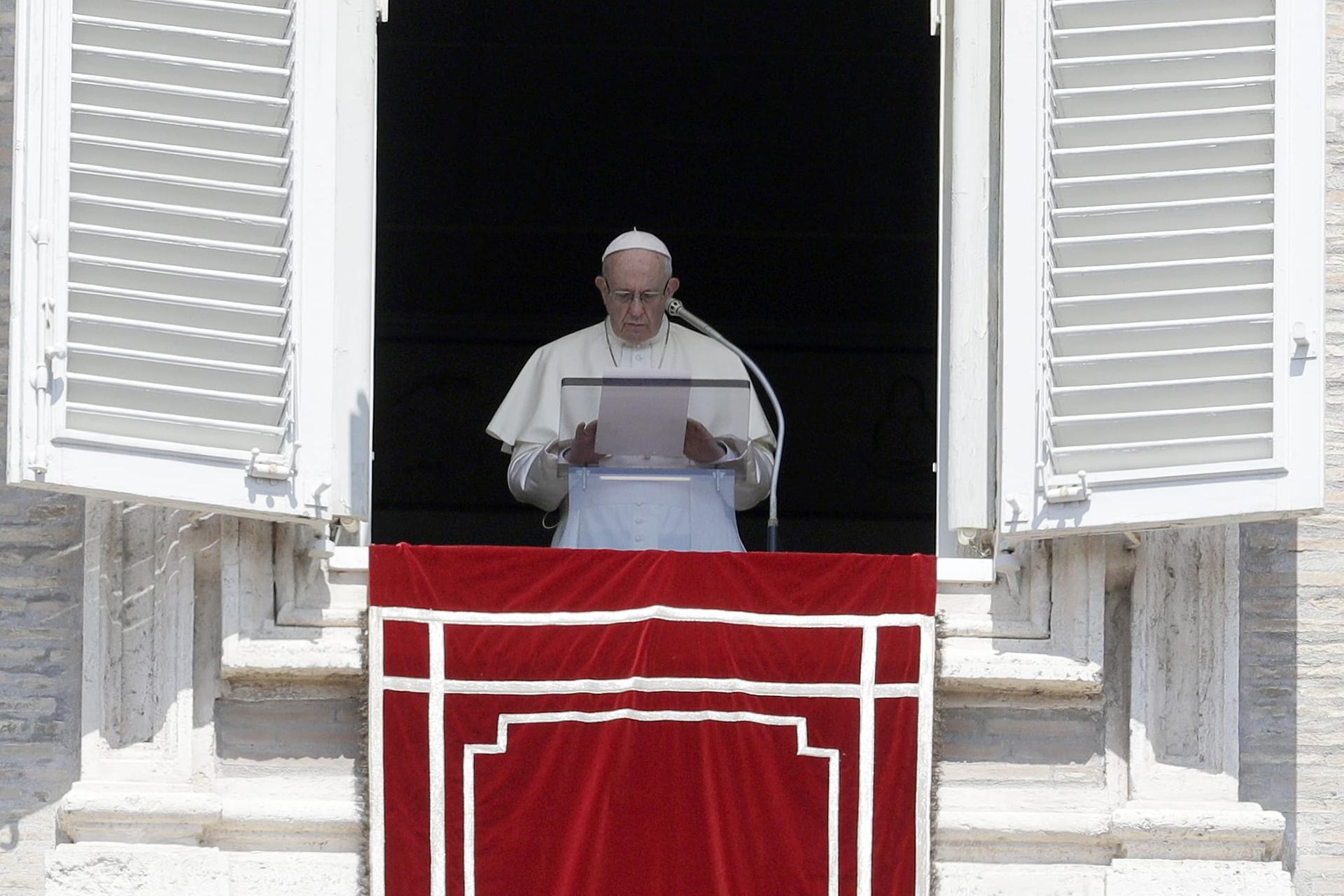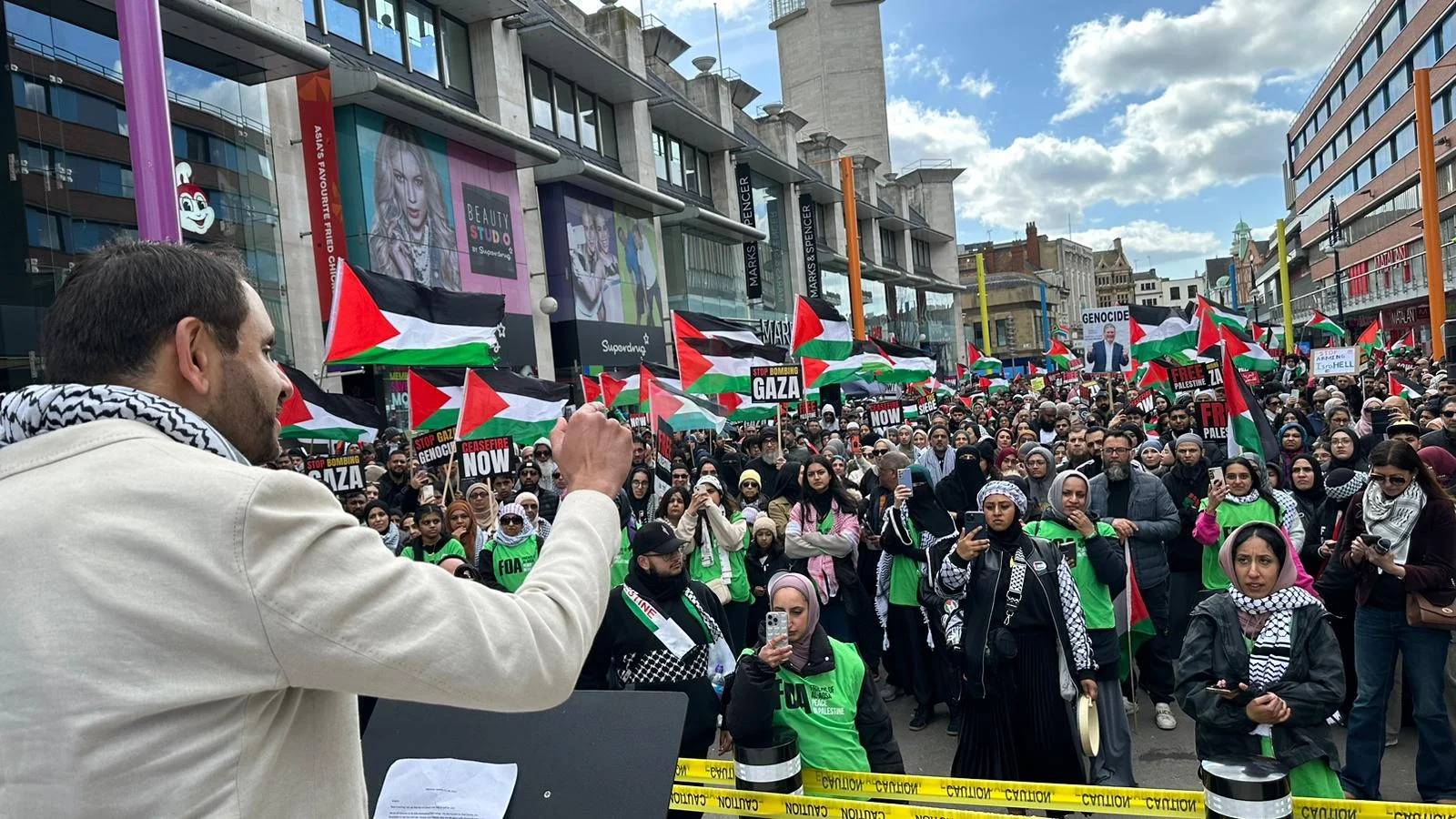DUBLIN – When a vast clerical sexual abuse scandal erupted in Ireland in 2009/2010, Pope Benedict wrote an open letter to Irish Catholics, the highlight of which was his direct apology to victims and survivors: “You have suffered grievously and I am truly sorry,” he wrote.
However heartfelt it was, the letter also generated considerable blowback because Benedict did not acknowledge any corporate responsibility on the part of the Vatican. Instead, he appeared to place the blame at the feet of the Irish bishops.
The Irish bishops had failed “at times grievously” in dealing with child abuse, the pope said, adding that “grave errors of judgement were made and failures of leadership occurred.”
Critics also faulted Benedict for addressing only Ireland without addressing the global dimensions of the crisis.
“We feel the letter falls far short of addressing the concerns of the victims,” said Maeve Lewis, executive director of victims group One in Four.
“Clerical sex abuse is not just an Irish phenomenon or indeed an Anglophone phenomenon as the Vatican has tried to assert,” she said.
Now ten years later, another pope is about to arrive in Ireland in five days’ time, and he too has released a plaintive letter on child sexual abuse – this one addressed not to any particular country, but to the entire People of God (which, as Vatican spokesman Greg Burke put it, means everybody.)
Pope Francis is on his way to Ireland for the close of the Vatican-sponsored World Meeting of Families, unfolding over Saturday and Sunday. This past Sunday, Archbishop Diarmuid Martin of Dublin said that expectations were running high that Francis will engage the abuse scandals while in the country, and effectively warned his boss that just saying sorry “won’t be enough.”
Perhaps that explains why the Vatican chose to release Francis’s letter on Monday, as part of an effort to reassure the Irish that the pontiff isn’t inclined to duck the issue.
In terms of how the letter will play here, however, it could suffer the same fate as Benedict’s missive a decade ago, frustrating as many people as it reassures.
Certainly, many abuse survivors in Ireland and elsewhere will be cheered that Francis twice used the term “cover-up,” clearly acknowledging that the problem for the Church hasn’t just been the crime but the cover-up, and that the Church needs accountability mechanisms not just for clergy who abuse but for bishops and other officials in leadership positions who fail to act, who turn a blind eye, or who actively conceal the crimes.
“No effort must be spared to create a culture able to prevent such situations from happening, but also to prevent the possibility of their being covered up and perpetuated,” Francis wrote.
The difficulty with such rhetoric, however, is that we’ve heard it before.
For years now, there’s been wide consensus among survivors, reformers on the abuse issue, and other observers that management accountability is the other shoe waiting to drop.
In fairness, Francis tried to get at the problem in June 2015 by announcing the creation of a new section within the tribunal of the Congregation for the Doctrine of the Faith to handle cover-up allegations against bishops. The Vatican said at the time the pope was responding to a recommendation from Cardinal Sean O’Malley of Boston and the rest of his “C9” council of cardinal advisers.
That proposal got bogged down in legal and administrative questions, so a year later the pope charged four other Vatican departments with looking into these cases and making recommendations to him.
To date, however, that system hasn’t appeared capable of handling the most difficult cases out there, such as accusations in Chile that Cardinals Ricardo Ezzati and Francisco Errazuriz covered up abuse by two high-profile priests – and now, perhaps, that Cardinal Donald Wuerl of Washington in the United States failed to act appropriately on at least three cases while he was the Bishop of Pittsburgh from 1998 to 2006.
It seems clear that some other mechanism is required, one with clear rules of evidence and transparent procedures, and one capable of imposing meaningful discipline when the situation requires it.
Francis doesn’t come anywhere close to spelling out what that might look like in his new letter, saying only, “We have delayed in applying these actions and sanctions that are so necessary, yet I am confident that they will help to guarantee a greater culture of care in the present and future.”
It’s early days, but it seems a safe bet that alone won’t quite cut it, certainly in Ireland and likely in many other places as well.
If there’s any hope of eliciting such specificity from the pontiff, it may lie in the fact that there are still five days before Francis lands in Ireland.
If it becomes clear during that time that simply repeating the content of the letter while he’s here won’t be enough, that he’ll have to offer some indication of how that “greater culture of care” will be achieved, perhaps he’ll decide to use Ireland as the setting to do precisely that.
In any event, as the clock winds down to what may well be among the most nerve-wracking trips of Francis’s papacy, one thing seems abundantly clear: How successfully he does, or doesn’t, respond to the questions in the air about the abuse scandals is now the acid test of his success or failure.















